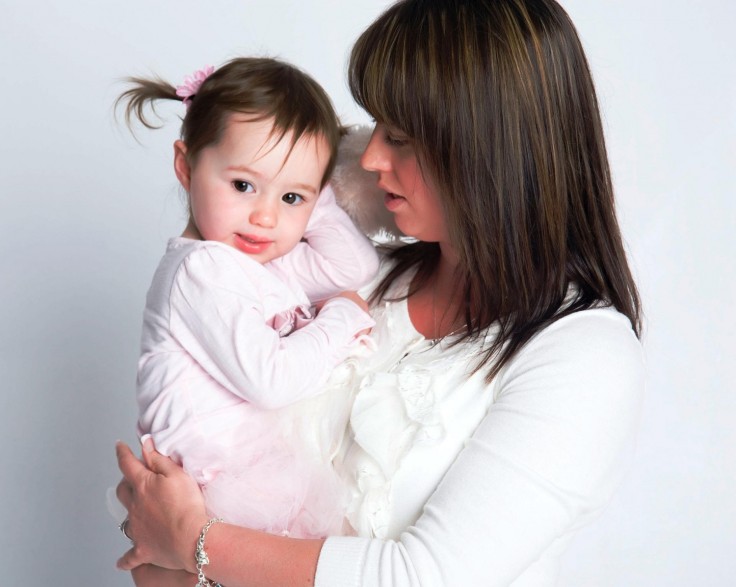
Research showed that many people think that strict parenting produces better-behaved kids. However, studies on discipline consistently showed that strict, authoritarian child-raising leads to children with lower self-esteem who behave worse than other kids and get punished more.
Strict and harsh parenting establishes behavior issues in children.
Although harsh limits may temporarily control children's behavior, they don't help a child learn to self-regulate but rather triggers resistance to acquiring responsibility for themselves. There is no internal tool more valuable than self-discipline; hence, it develops from the internalization of loving limits. Kids see the locus of control outside of themselves instead of wanting to behave.
No one likes to be controlled, so it is not surprising that kids reject limits that aren't empathic.
According to "Authoritative Parenting: Synthesizing Nurturance and Discipline for Optimal Child Development, American Psychological Association," strict parents are those who place high standards and demands on kids. They can be authoritative or authoritarian, depending on the parents' disciplinary beliefs and responsiveness to their kid's necessities, per Parenting for Brain.
Children raised with harsh discipline tend to be rebellious
When parents impose high standards with warm and responsive support to their children, they are authoritative parents. Despite establishing high standards, authoritative parents value independent thinking. They allow kids to challenge their rules or give feedback in return. Authoritative parenting often produces the best outcomes in kids, but unfortunately, most strict parents are not authoritative; instead, they are harsh.
Many strict parents are cold, unresponsive, and don't display any form of support to their children. Their rules are often overly strict and arbitrary. These parents don't give their children a chance to voice their opinions or raise questions regarding their decisions. They are controlling parents practicing the authoritarian parenting style, usually known as the harsh parenting style, which generates worse outcomes than the authoritative style.
As an outcome, the children have learned to become more rebellious, angry, impulsive, and aggressive when things don't go their way. Such kids are also more likely to engage in risky behavior like running away.
According to Aha Parenting, studies show that kids raised with strict parenting are more likely to become overweight.
Self-defeating and self-destructive behaviors
Dr. Carl E. Pickhardt observed that filial rebellion could prompt kids to rebel against their self-interests, turning away from activities and relationships previously linked to self-esteem. Children can engage in self-defeating and self-destructive behaviors at their worst, like self-sabotaging acts that can include purposely hurting themselves.
Serious rebellion usually starts at the outset of adolescence, and when it does, many parents think this opposition is against them. They are usually mistaken, and rebellion is not against them. It is not only acted out against them.
Dr. Emily Edlynn, the author of "The Art and Science of Mom" parenting blog, points to research for setting rules and boundaries for kids. The research displays support for parents who express openness to debate and negotiation rather than demanding obedience have psychologically healthier children.
To support a teen's healthy development while maintaining healthy boundaries, parents should ask open-ended questions to fully understand the perspective and collaborate with the children on ways to modify household rules and expectations. This process encourages critical thinking and demonstrates that as a parent, you value your kid's opinion even if a rule change ends up being a compromise, per Parents.